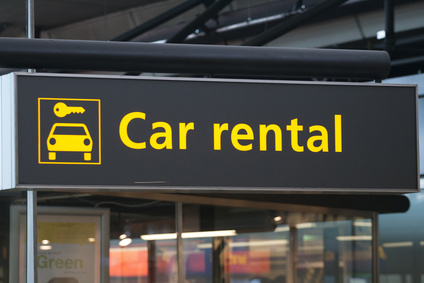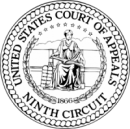Home » Class Actions » CAFA » Page 4
The U.S. Court of Appeals for the Eleventh Circuit recently held that the federal Class Action Fairness Act’s (CAFA) local-controversy provision, 28 U.S.C. § 1332(d)(4), does not preclude a federal trial court from exercising federal-question jurisdiction. Accordingly, the Eleventh Circuit affirmed the federal trial court’s denial of the plaintiffs’ motion to remand the matter to state court following the defendants’ removal. A copy of the opinion in Blevins v. Aksut is available at: Link to Opinion. The litigation involved a defendant doctor’s alleged performance of unnecessary heart procedures on the plaintiffs. Specifically, the plaintiffs alleged that the defendant doctor would…
The U.S. Court of Appeals for the Eleventh Circuit recently held that federal courts that have original subject matter jurisdiction over state law claims under the federal Class Action Fairness Act retain that jurisdiction even when the class claims are dismissed before the class is certified.
The U.S. Court of Appeals for the Eighth Circuit recently held that plaintiff’s class counsel is allowed to submit proposals to the court regarding the method for calculation of reasonable attorney’s fees, but the court has the discretion to accept or reject such proposals and is not required to accept the plaintiff’s proposed method. In so ruling, the Court also held that the Class Action Fairness Act’s “coupon settlement” provisions at 28 U.S.C. § 1712 permit a district court to use a combination of percentage-of-coupons-used and lodestar methods to calculate reasonable attorney’s fees, but CAFA does not require that any portion…
The U.S. Court of Appeals for the Ninth Circuit recently reversed the dismissal of a class action that was removed to federal court under the federal Class Action Fairness Act (CAFA). In so ruling, the Court held that the case fit the narrow “local controversy exception” to CAFA’s grant of federal court jurisdiction. A copy of the opinion is available at: Link to Opinion. The trial court found it had jurisdiction over a class removed from state court under CAFA. Then, the trial court dismissed the suit for failure to state a claim. However, the Appellate Court focused its analysis…
The U.S. Court of Appeals for the Ninth Circuit recently held that, in determining whether a putative class action satisfied the jurisdictional requirements of the federal Class Action Fairness Act, amounts in controversy as to non-class and class claims may not be aggregated to meet CAFA’s diversity requirements. More specifically, the Ninth Circuit held that, “where a plaintiff files an action containing class claims as well as non-class claims, and the class claims do not meet the CAFA amount-in-controversy requirement while the non-class claims, standing alone, do not meet diversity of citizenship jurisdiction requirements, the amount involved in the non-class…
The US. Court of Appeals for the Ninth Circuit recently reversed a district court’s order remanding a class action to state court, holding that a second removal was proper and timely-filed 30 days after the state court entered an order that expanded the class definiton after the first removal. A copy of the opinion is available at: http://cdn.ca9.uscourts.gov/datastore/opinions/2015/04/01/15-55176.pdf The plaintiff, an assistant store manager at a nationwide chain of discount retail stores, filed this action in state court in July of 2012, alleging that the employer supposedly violated the California Labor Code by denying 10-minute rest breaks to its employees. As…




